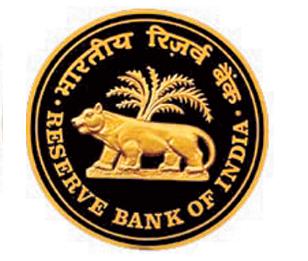RBI as the Exchange Control Authority
One of the important central banking functions of the Reserve Bank of India (RBI) is the maintenance of the external value of the rupee. As such it has been given the custody of foreign exchange reserves and sole agency for the administration of exchange controls in India. All receipts and payments in and out of India require general or special permission of the RBI. The dealings in foreign exchange and foreign securities in India, payments to person resident outside India and export and import of currency notes, bullion or precious stones etc., are subject to general or special permission of RBI or are prohibited.
